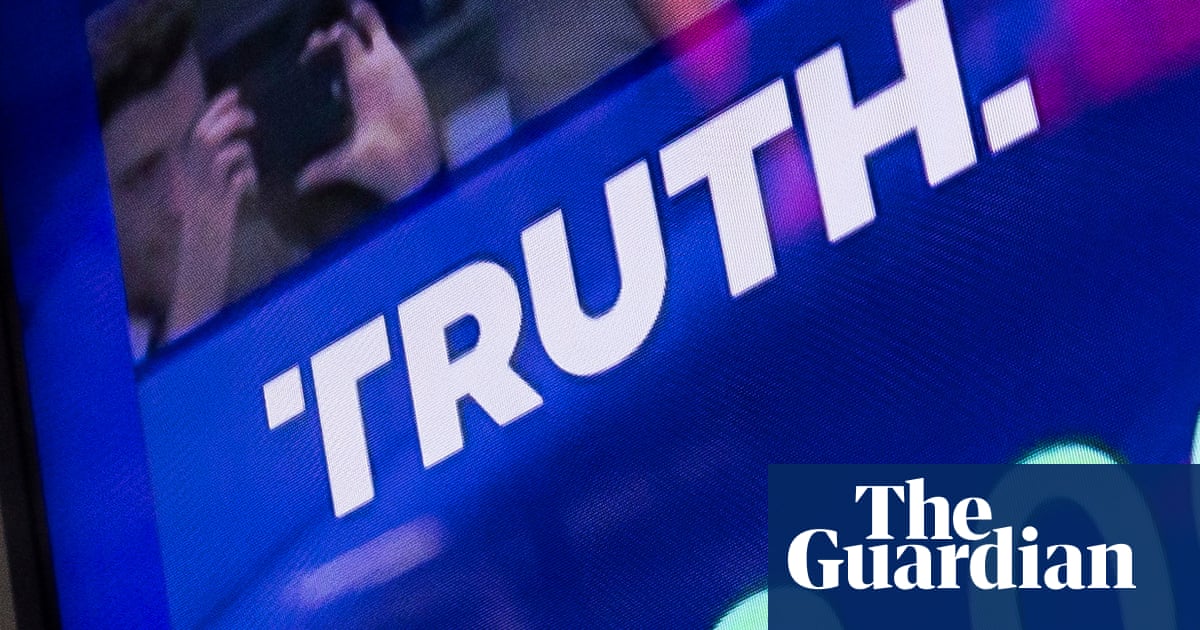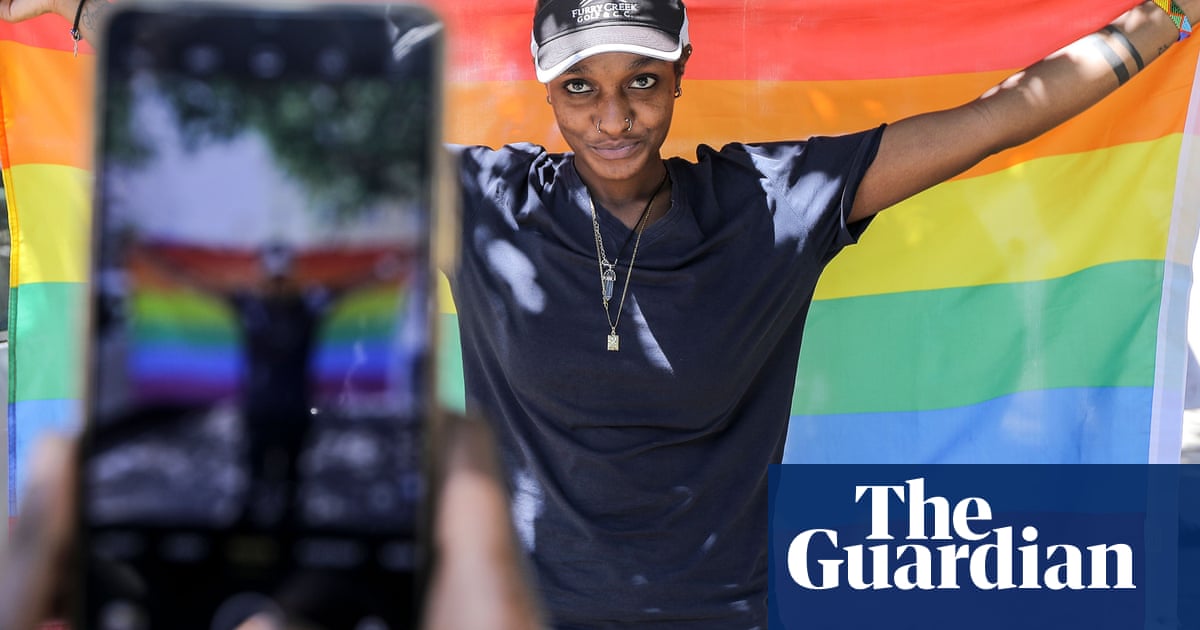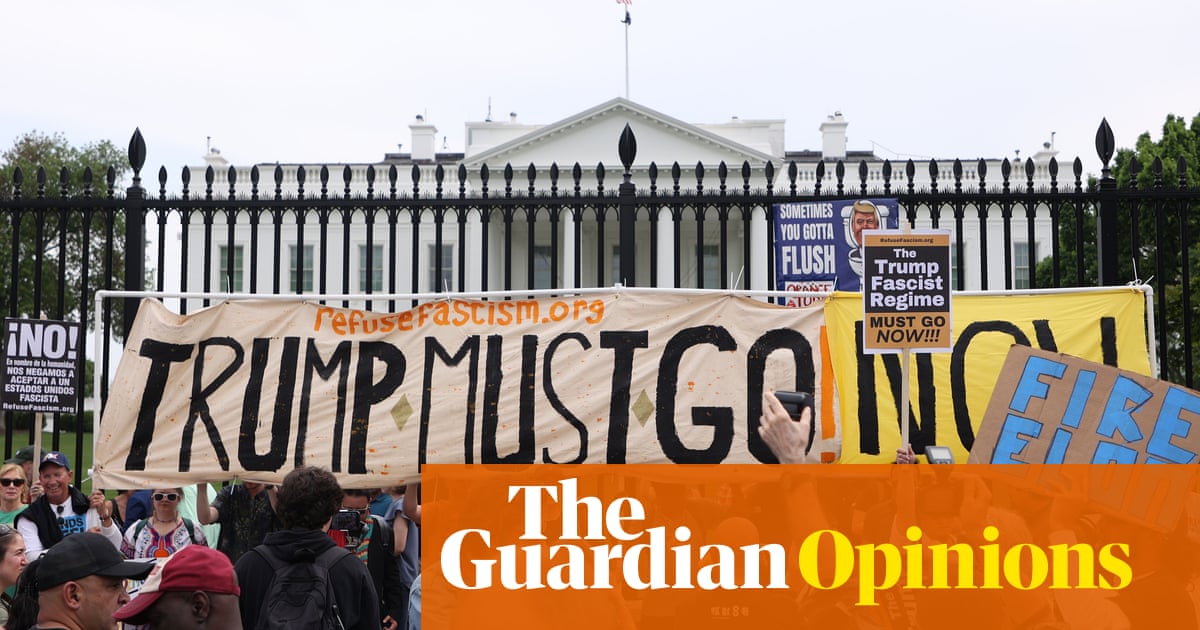The US supreme court has issued a ruling upholding a nationwide ban on TikTok unless it sells to an owner in the US. The nine justices voted unanimously in a decision on Friday that sides with the majority of the US Congress and the US Department of Justice that the hugely popular social media app is a threat to US national security.
“We conclude that the challenged provisions do not violate petitioners’ First Amendment rights,” the justices wrote. “The judgment of the United States court of appeals for the District of Columbia Circuit is affirmed.” In December, a Washington DC appeals court upheld the ban.
This means TikTok, which is used by 170 million people in the US, will no longer be available for download in app stores starting on Sunday 19 January.
“There is no doubt that, for more than 170 million Americans, TikTok offers a distinctive and expansive outlet for expression, means of engagement, and source of community,” the ruling reads.
The US justice department praised the ruling for protecting the country against foreign adversaries.
“The court’s decision enables the justice department to prevent the Chinese government from weaponizing TikTok to undermine America’s national security,” said Merrick Garland, the attorney general. “We welcome today’s decision by the supreme court. The justice department has long warned about the national security harms from PRC control of TikTok.”
The lawmakers who pushed for the ban say that TikTok, which is owned by the Chinese company ByteDance, has the potential to be used as a weapon by the Chinese Communist party. They say China could use the app to manipulate and control Americans by spreading propaganda and misinformation. The supreme court ultimately agreed.
In their ruling, supreme court justices wrote that the app’s connection to Beijing was sufficient rationale for the ban, “Congress has determined that divestiture is necessary to address its well-supported national security concerns regarding TikTok’s data collection practices and relationship with a foreign adversary.”
The ban has caused a huge outcry by creators, first amendment advocates and civil liberties groups. They say banning the app is tantamount to censorship and sets a dangerous precedent in the US.
TikTok has the option to divest or sell its assets to a non-Chinese company. But it has said in legal filings that divestiture “is simply not possible: not commercially, not technologically, not legally”.
The supreme court heard oral arguments in the case last week. The justices spent far more time questioning TikTok about why it believes it should have first amendment rights than asking government lawyers about national security concerns. Noel Francisco, TikTok’s lawyer, argued that the ban was not about China and safety issues, but instead, “the government’s real target, rather, is the speech itself”.
Justice Sonia Sotomayor took issue with that idea. She said the government should be able to say when there is a threat and block it. “We have a right to say ‘you can’t do that, you can’t speak,’” she said.
Donald Trump has promised to “save TikTok” and even filed an amicus brief, or “friend of the court” brief, to the supreme court. He said he has the “consummate dealmaking expertise” to strike an agreement between TikTok and US lawmakers.
after newsletter promotion
Trump told CNN on Friday: “It ultimately goes up to me, so you’re going to see what I’m going to do. Congress has given me the decision, so I’ll be making the decision.”
Once sworn into office on 20 January, one day after the ban goes into effect, Trump will have the option to direct the justice department to not enforce the law.
Joe Biden’s press secretary said in a statement about the ban: “Given the sheer fact of timing, this Administration recognizes that actions to implement the law simply must fall to the next Administration, which takes office on Monday.”
Justice Neil Gorsuch wrote in his concurring opinion that “what might happen next to TikTok remains unclear”, alluding to the possibility that Trump might not enforce the ban.
Gorsuch expressed reservations with the law, though he voted to uphold it.
“Whether this law will succeed in achieving its ends, I do not know. A determined foreign adversary may just seek to replace one lost surveillance application with another,” he wrote. “But the question we face today is not the law’s wisdom, only its constitutionality. Given just a handful of days after oral argument to issue an opinion, I cannot profess the kind of certainty I would like to have about the arguments and record before us.”

.png) 3 months ago
38
3 months ago
38













































